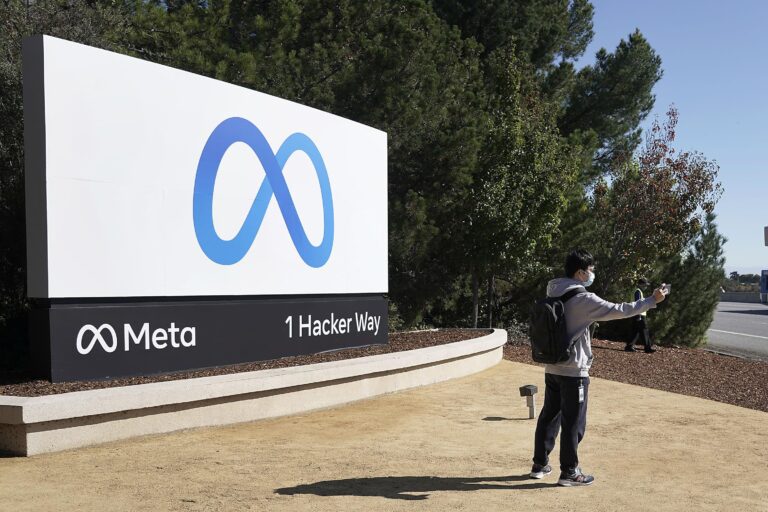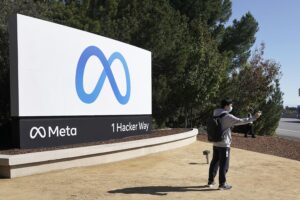Sending an algorithm to prison is pointless.
- Google has managed to get the National Highway Traffic Safety Administration (NHTSA) in the US to recognise the AI system of an autonomous vehicle as the driver.
- This is well and good and represents a small step forward in fitting autonomous vehicles into the weighty regulatory environment, but it does nothing to solve the liability problem.
- I think that liability is the biggest problem that faces autonomous driving as sending an algorithm to prison is not a practical option.
- When an autonomous vehicle crashes (and they will), the question arises as to who is responsible for the crash.
- There are many potential answers to this question including:
- The driver: If the driver as was asleep at the time of the incident can he really be to blame?
- The California department of motor vehicles (CDMV) response to this has been to propose a law that requires a person who is licensed to drive the vehicle to be present at all times while the vehicle is in motion.
- The problem with this is that it would completely destroy the use case of a self-driving vehicle in a large number of use cases.
- The promise of freedom for those that can’t drive, the promise of releasing parents who become taxi services for teenage children and any form of automated delivery service are instantly precluded.
- The other issue is that other states tend to follow California’s lead when it comes to vehicle regulation meaning that autonomous driving could be hobbled before it even gets going.
- The auto maker: This would instantly make the automotive industry one of the riskiest industries on the planet.
- Furthermore, many automakers are very unlikely to create the entire system themselves.
- Cameras, silicon chips, servo motors and so on will come from third parties and if they fail they have the potential to cause a crash.
- Furthermore, for many automakers writing software means creating hugely detailed specifications against which suppliers bid with the lowest bid winning.
- If part of the AI is written on the cheap and causes the car to crash, whose fault is it?
- The supplier: If the liability is to fall upon the supplier, then it is almost certain to claim that the auto maker didn’t install the software or component properly or otherwise made modifications that caused it to fail.
- This is one of the biggest problems when systems get complex is that there is a combinatory explosion of possible outcomes in any one scenario.
- It is clear that in any one fatal incident, the blame game has the potential to go on for years and there are likely to be fatal incidents on a daily basis. (32,719 people died in 2013 in road vehicle crashes in the US)
- This is only one reason why I continue to believe that the technology for autonomous driving will be ready many years before the market is ready to receive it.
- Many automakers have set a deadline of 2020 by when they expect to have a commercial offering in the market but I think that it is doubtful that these vehicles will leave the factories at that time.
- This is good news for the automotive industry which is notoriously slow to adapt to and implement new technology as it will have more time to defend its position against the new entrants.
- With things taking much longer than expected to come to fruition, I can see lots of ventures struggling to keep the lights on and being acquired by the larger, slower moving companies.
- I am sticking to my 2030 target for this becoming a real commercial reality.









Blog Comments
Tim Nash
February 10, 2016 at 12:55 pm
Many of the issues of adoption will be solved by the insurance industry. If they find that accidents are significantly reduced by autonomous cars, then insurance rates will be less for them, even for coverage of fatal accidents. As there will be extensive webcam footage for autonomous car accidents, it will be easier to establish liability.
The law will be slower to catch up – what will happen with hacked cars? are designated drivers allowed to text? do anything other than stare at the road?
I also suspect that accidents outside of autonomous driving areas (such as off-road) will increase, as people will have less experience of vehicle handling.
windsorr
February 11, 2016 at 11:32 am
Hi Tim… All good points further highlighting how tricky this space will be to take off commercially.